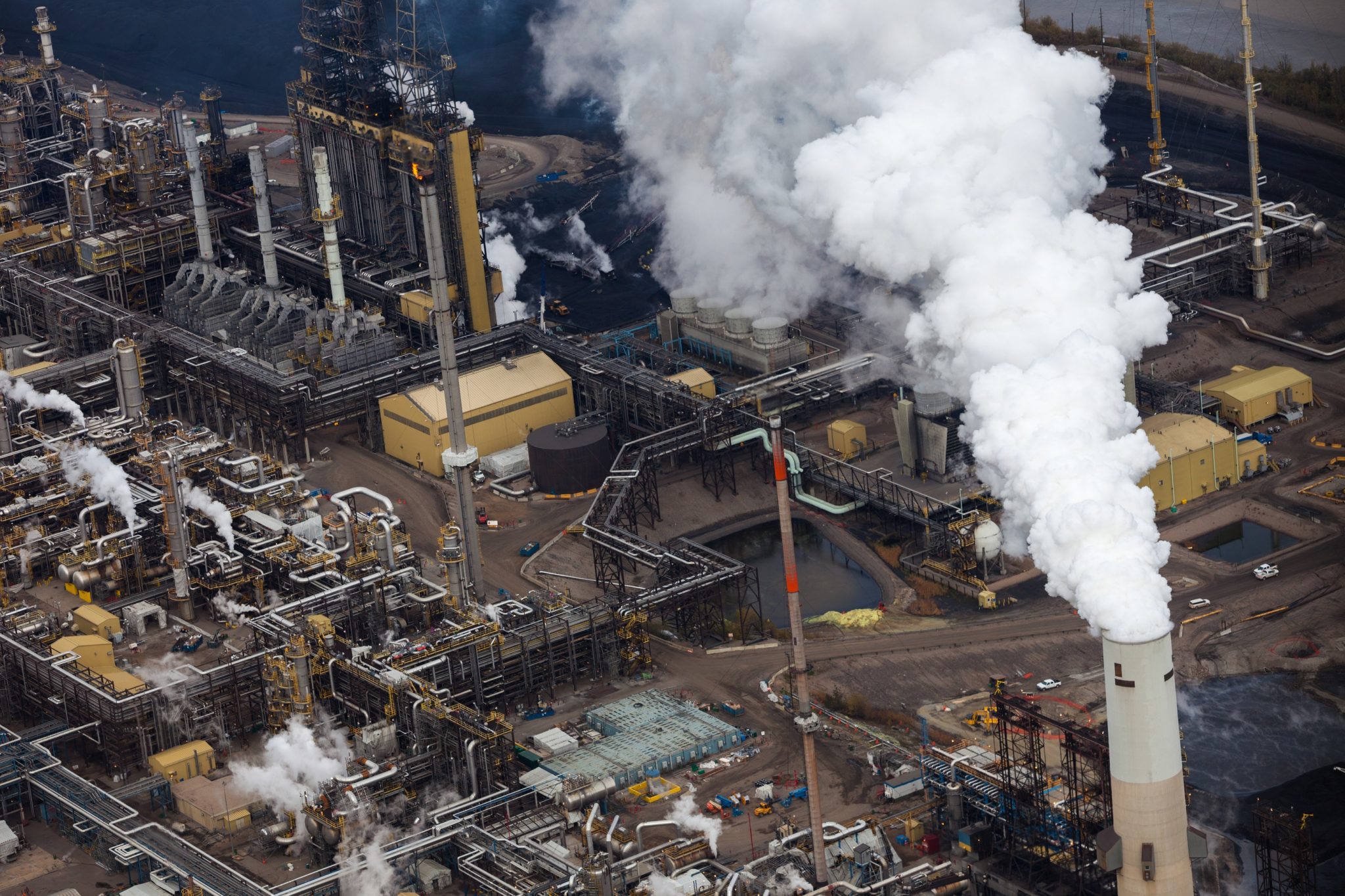Written by: Stephen Legault, Senior Manager, Alberta Energy Transition and Aly Hyder Ali, Program Manager, Oil and Gas
Prime Minister Mark Carney has been out of the banking game for a little while, but not so long that he shouldn’t be able to recognize a bad investment pitch when he sees one.
The federal government is considering fast-tracking Pathways Alliance’s plan to build a carbon capture and storage (CCS) operation in Alberta. In theory, CCS is a process by which the carbon produced through the extraction of oil and gas is captured and pumped into underground reservoirs where it is rendered inert. That’s the theory, but it’s not really being done anywhere in practice. The governments of Alberta and Canada have already offered to cover up to 62 per cent of the costs of this 16.4 billion dollar boondoggle. The oil companies are looking for an even sweeter deal.
The Pathways Alliance is composed of Canadian Natural Resources, Cenovus Energy, ConocoPhillips Canada, Imperial Oil, MEG Energy, and Suncor Energy. Together, these companies reported nearly $30 billion in profits in 2024.
These wealthy corporations are looking for a handout of taxpayer money, not to support the global transition from fossil fuels to renewable energy, but to build questionable technology that will allow them to continue mining bitumen in the oil sands, while increasing greenhouse gas emissions from the oil and gas industry.
CCS is not a new technology, but despite having been developed more than fifty years ago, a recent report by the World Resources Institute states that “Today, CCS captures around 0.1% of global emissions.”
CCS has repeatedly failed to deliver on its promises, while simultaneously creating serious problems, including gas leakage and water contamination. Funding such consistently underperforming technology would be an indefensible waste of taxpayer dollars. While CCS serves as a brilliant tactic for the oil and gas industry to delay meaningful climate action and energy transition, it represents a terrible strategy for Canadians who expect their federal government to meet its Paris Agreement GHG emissions targets.
Despite their massive ad campaigns, oil and gas companies know CCS won’t significantly reduce their GHG emissions. The Pathways Alliance’s project is expected to reduce 10-12 MT of CO2 by 2030. For context, early estimates of the oil and gas industry’s GHG emissions in 2024 were 212 MT of CO2.
What’s worse is that behind closed doors, Pathways has raised concerns about the reliability of CCS technologies in direct communications with policymakers and has opposed government mandates for CCS. They have emphasized the “uncertainty” and “technology readiness” of CCS applications.
So, some of the wealthiest corporations in Canada, which are producing even more climate-changing carbon emissions during a global crisis, want 16 billion dollars from taxpayers’ pockets to deploy technology that they admit is uncertain at best, and will only remove five per cent of emissions from their operations -if it works perfectly, which it likely won’t.
Prime Minister Mark Carney was a banker first, and a politician second, so he must recognize a boondoggle when he sees one. He must recognize the Pathways Alliance pitch for what it is: wealthy corporations trying to bilk Canadians out of their hard-earned money to further enrich themselves and their shareholders at the beginning of the end of the oil and gas sector.






